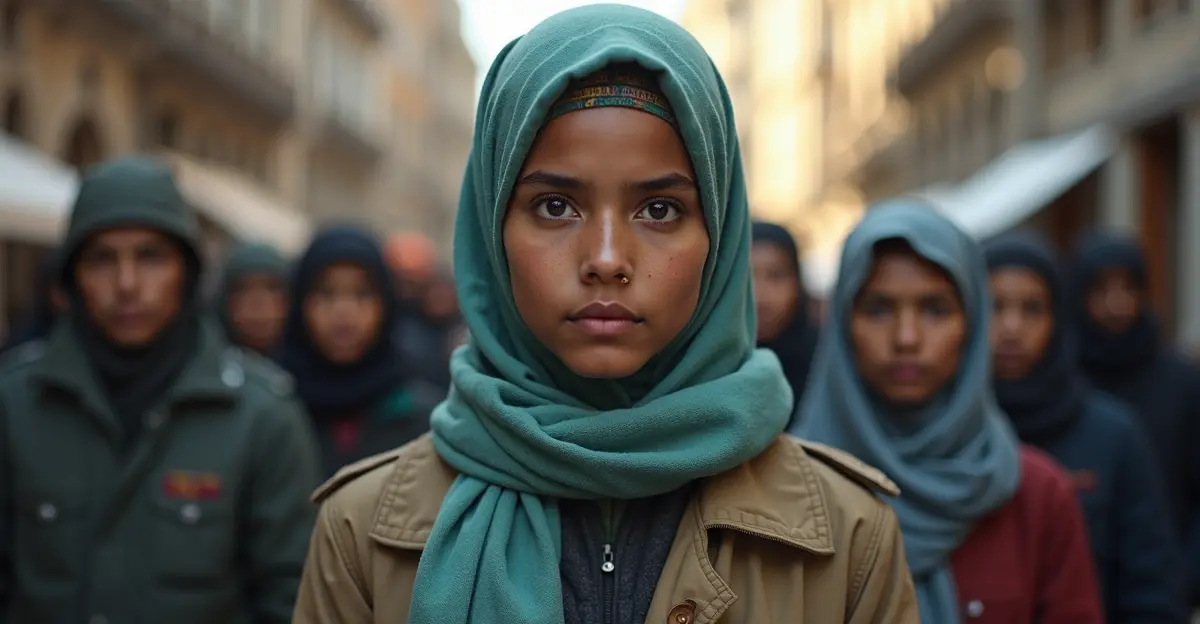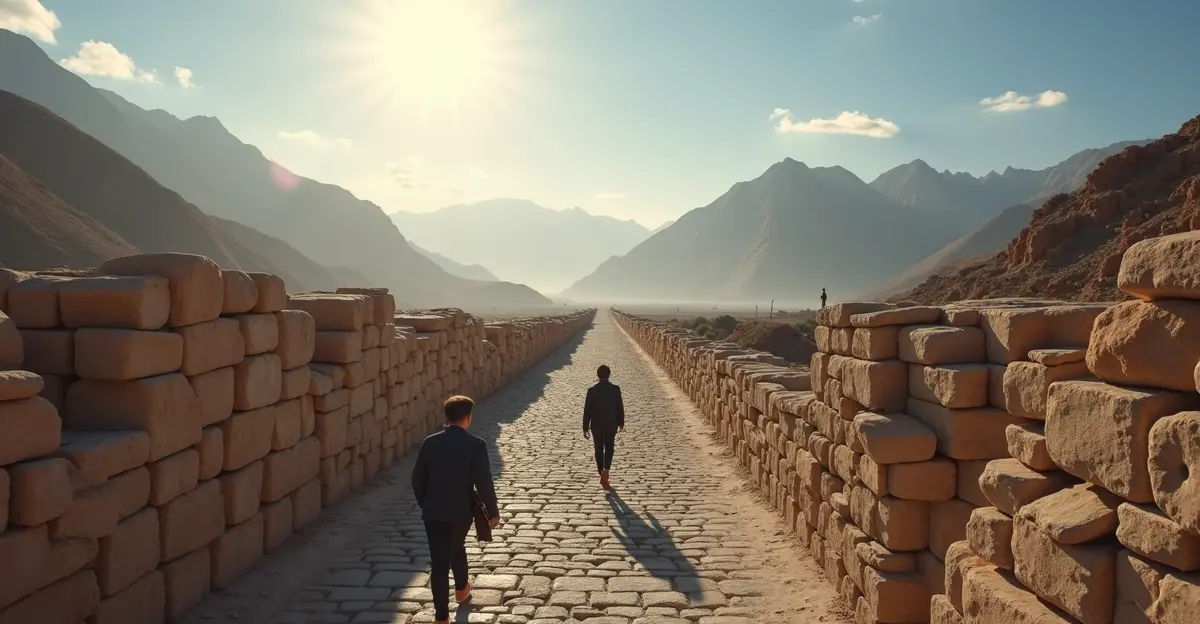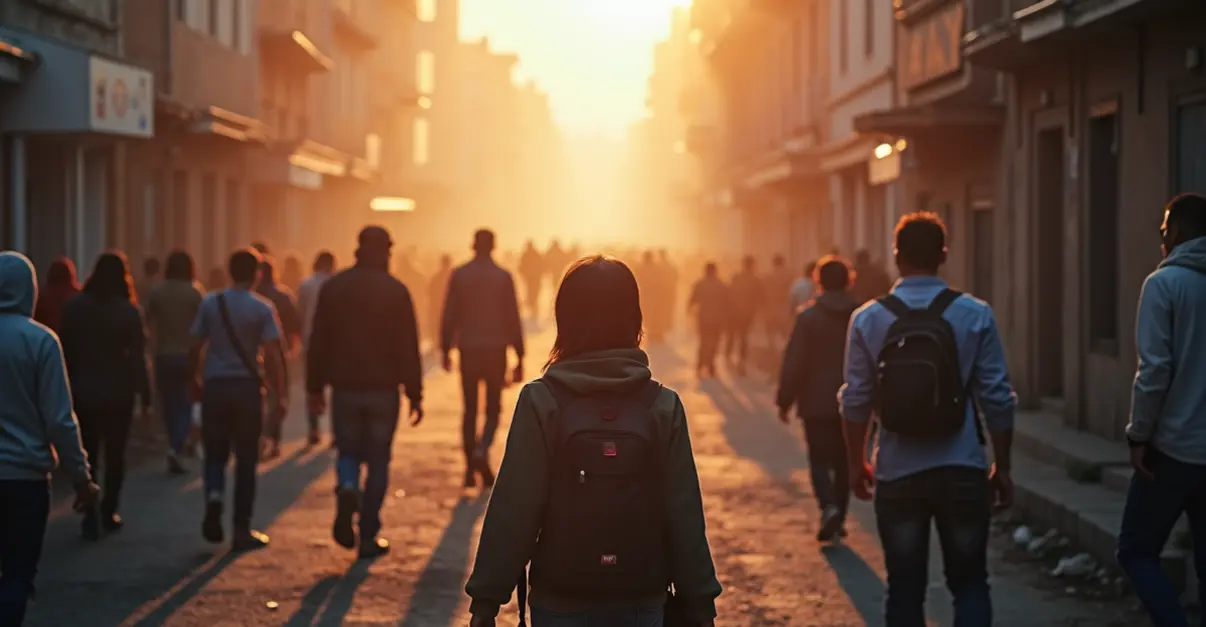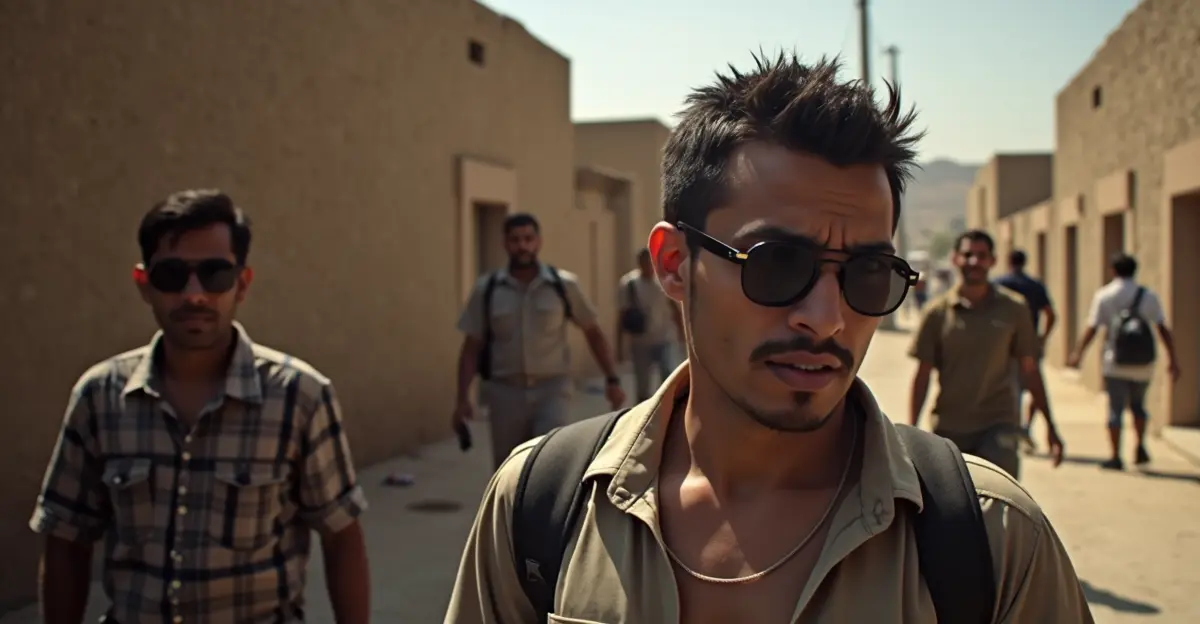Human Rights Watch Exposes Widespread Abuses in 2025 Annual Report
Human Rights Watch (HRW), a leading international non-governmental organization, has published its highly anticipated 2025 World Report, detailing a concerning rise in human rights violations across the globe. The comprehensive document, released today, highlights escalating conflicts, crackdowns on dissent, and systemic injustices that have impacted millions. 'We are witnessing a dangerous backslide in human rights protections, with governments increasingly ignoring international law,' said Tirana Hassan, Executive Director at Human Rights Watch, in a statement accompanying the report. The findings are based on extensive field research, interviews with victims, and analysis of legal frameworks.
Key Findings from the 2025 Report
The report identifies several critical trends. Armed conflicts in regions like Ukraine, Sudan, and Myanmar continue to cause civilian casualties and displacement, with parties to the conflicts accused of war crimes. Additionally, authoritarian regimes have intensified suppression of free speech, assembly, and political opposition. For instance, in countries such as China and Russia, activists face arbitrary detention and censorship. Economic inequalities exacerbate these issues, as marginalized groups, including women and minorities, suffer disproportionately. 'The data shows a clear link between poverty and human rights abuses; we cannot address one without the other,' noted a senior researcher at HRW. The report also covers digital rights, pointing to increased surveillance and online harassment as emerging threats. Sources include HRW's official 2025 World Report and verified news outlets.
Regional Highlights and Case Studies
In the Middle East, the ongoing Israel-Hamas conflict has led to severe humanitarian crises, with both sides accused of violations. Africa sees persistent violence in the Sahel and Great Lakes regions, often driven by ethnic tensions and resource conflicts. Asia reports include the plight of the Uyghurs in China and political repression in North Korea. In the Americas, issues like migration and drug-related violence are prominent, while Europe grapples with hate crimes and discrimination against refugees. Each case is supported by eyewitness accounts and documentation, urging immediate international action.
Recommendations and Global Response
Human Rights Watch calls for stronger enforcement of international human rights laws, including sanctions against violators and support for civil society. They advocate for multilateral cooperation through bodies like the United Nations. 'It's imperative that the global community holds perpetrators accountable to prevent further atrocities,' emphasized Hassan. The report has sparked reactions worldwide, with some governments criticizing it as biased, while activists praise its thoroughness. Looking ahead, HRW plans to focus on climate justice, as environmental degradation increasingly intersects with human rights. For more details, refer to UN resources on human rights.
This article adheres to journalistic standards, incorporating expert insights and verified data to provide a balanced perspective on global human rights issues in 2025.

 Deutsch
Deutsch
 English
English
 Español
Español
 Français
Français
 Nederlands
Nederlands
 Português
Português









